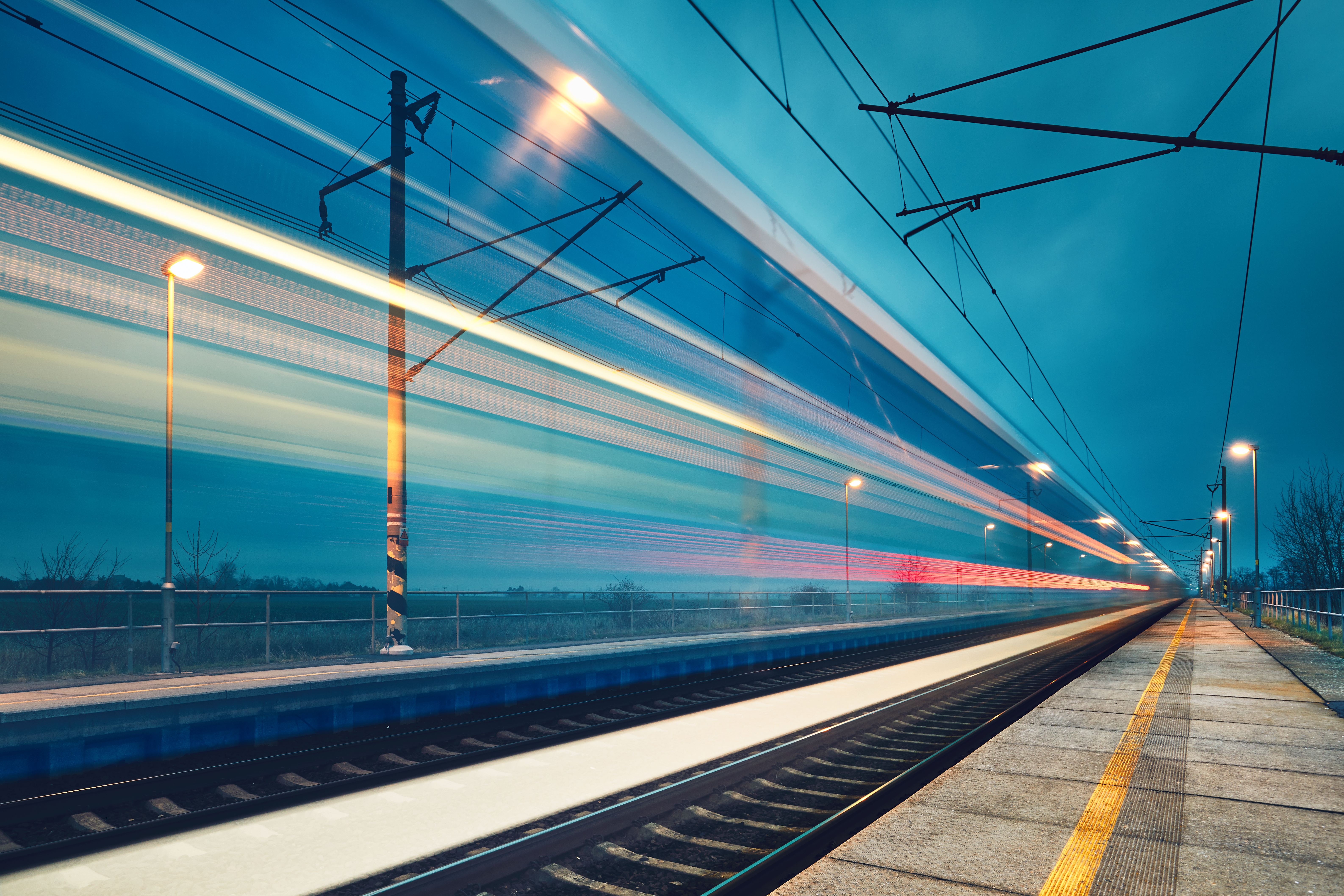CLOSE
About Elements
TANAKA is a leading company in the field of precious metals.
Advanced materials and solutions that support societal progress, the development stories behind them, the voices of engineers, and our management philosophy and vision—
Elements is an online media platform that shares insights that lead to a better society and a more prosperous future for the planet under the slogan “Mastering Precious Metals.”

Germany launches world’s first hydrogen-powered train

Germany has rolled out the world’s first hydrogen-powered train, signalling the start of a push to challenge the might of polluting diesel trains with costlier but more eco-friendly technology.
Two bright blue Coradia iLint trains, built by French TGV-maker Alstom, on Monday began running a 62 mile (100km) route between the towns and cities of Cuxhaven, Bremerhaven, Bremervoerde and Buxtehude in northern Germany – a stretch normally plied by diesel trains.
“The world’s first hydrogen train is entering into commercial service and is ready for serial production,” Alstom CEO Henri Poupart-Lafarge said at an unveiling ceremony in Bremervoerde, the station where the trains will be refuelled with hydrogen.
Alstom has said it plans to deliver another 14 of the zero-emissions trains to Lower Saxony state by 2021, while other German states have also expressed an interest.
Hydrogen trains are equipped with fuel cells that produce electricity through a combination of hydrogen and oxygen, a process that leaves steam and water as the only emissions. Excess energy is stored in ion lithium batteries on board the train.
The Coradia iLint trains can run for about 600 miles (1,000km) on a single tank of hydrogen, similar to the range of diesel trains.
Alstom is betting on the technology as a greener, quieter alternative to diesel on non-electrified railway lines – an attractive prospect to many German cities scrambling to combat air pollution.
“Sure, buying a hydrogen train is somewhat more expensive than a diesel train, but it is cheaper to run,” Stefan Schrank, the project’s manager at Alstom, said.
Other countries are also looking into hydrogen trains, Alstom said, including Britain, the Netherlands, Denmark, Norway, Italy and Canada. In France, the government has already said it wants the first hydrogen train to be on the rails by 2022.
This article was written by Agence France-Presse from The Guardian and was legally licensed through the NewsCred publisher network. Please direct all licensing questions to legal@newscred.com.
![]()







